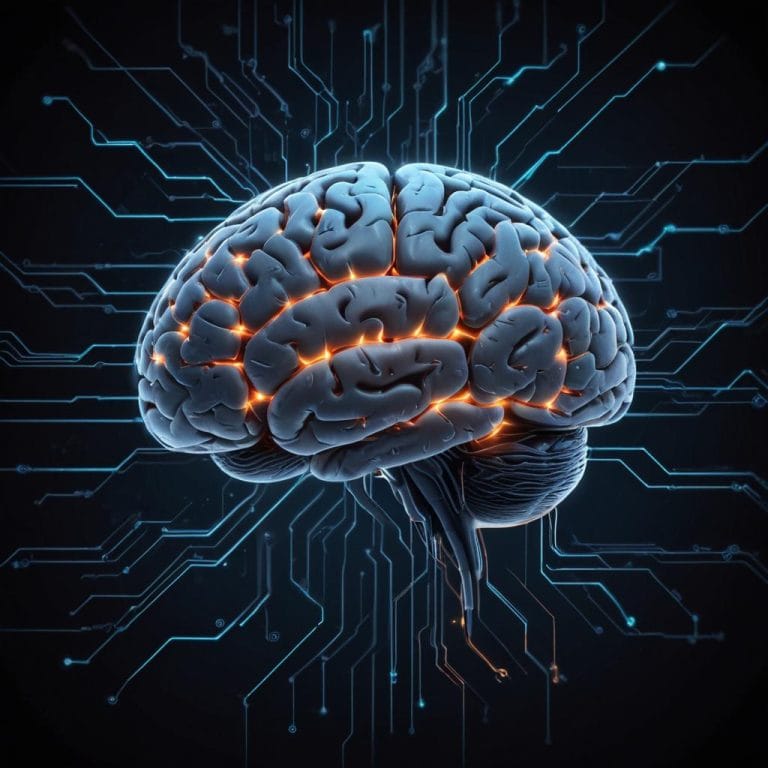Welcome to the quiz on the Functions of the Nervous System! The nervous system is like the body’s control center, sending messages to different parts of the body so they can work together. This system helps us move, think, and feel all the amazing things we do every day.
In this quiz, you’ll learn about the different parts of the nervous system and how they work together. You’ll also discover the important roles that the brain and spinal cord play in keeping our bodies running smoothly. So get ready to test your knowledge and see how much you know about this incredible system!
Play Functions Of The Nervous System Quiz
Instructions
- This quiz is multiple choice.
- Read each question carefully before selecting an answer.
- Choose the best answer for each question.
- You will see the missed questions with correct answers at the end of the quiz.
Quick Facts
- The brain and spinal cord work together to send messages throughout the body.
- One important job of the nervous system is to control movement and coordination.
- It also helps regulate breathing and heart rate to keep us alive.
- The nervous system allows us to feel sensations like touch, pain, and temperature.
- It helps us process information, make decisions, and solve problems.
- Our nervous system is responsible for controlling our emotions and reactions to different situations.
- It plays a role in memory and learning, allowing us to store and retrieve information.
- The nervous system also helps to regulate our sleep and wake cycles.
- It coordinates the functions of different organs and systems in the body to maintain balance and health.
- Overall, the nervous system is like the body’s communication network, sending and receiving messages to keep everything working properly.
Downloads
No downloads found
Study Tips
- Create a study schedule and stick to it.
- Find a quiet and comfortable study environment.
- Remove distractions such as phones and social media.
- Take breaks every 25-30 minutes to avoid burnout.
- Use active studying techniques like summarizing, highlighting, and teaching concepts to someone else.
- Practice retrieval by testing yourself with flashcards or practice quizzes.
- Stay organized with notes, study guides, and resources.
- Stay hydrated and eat brain-boosting foods like fruits, nuts, and whole grains.
- Get enough sleep to improve memory retention and cognitive function.
- Reward yourself for reaching study goals to stay motivated.
